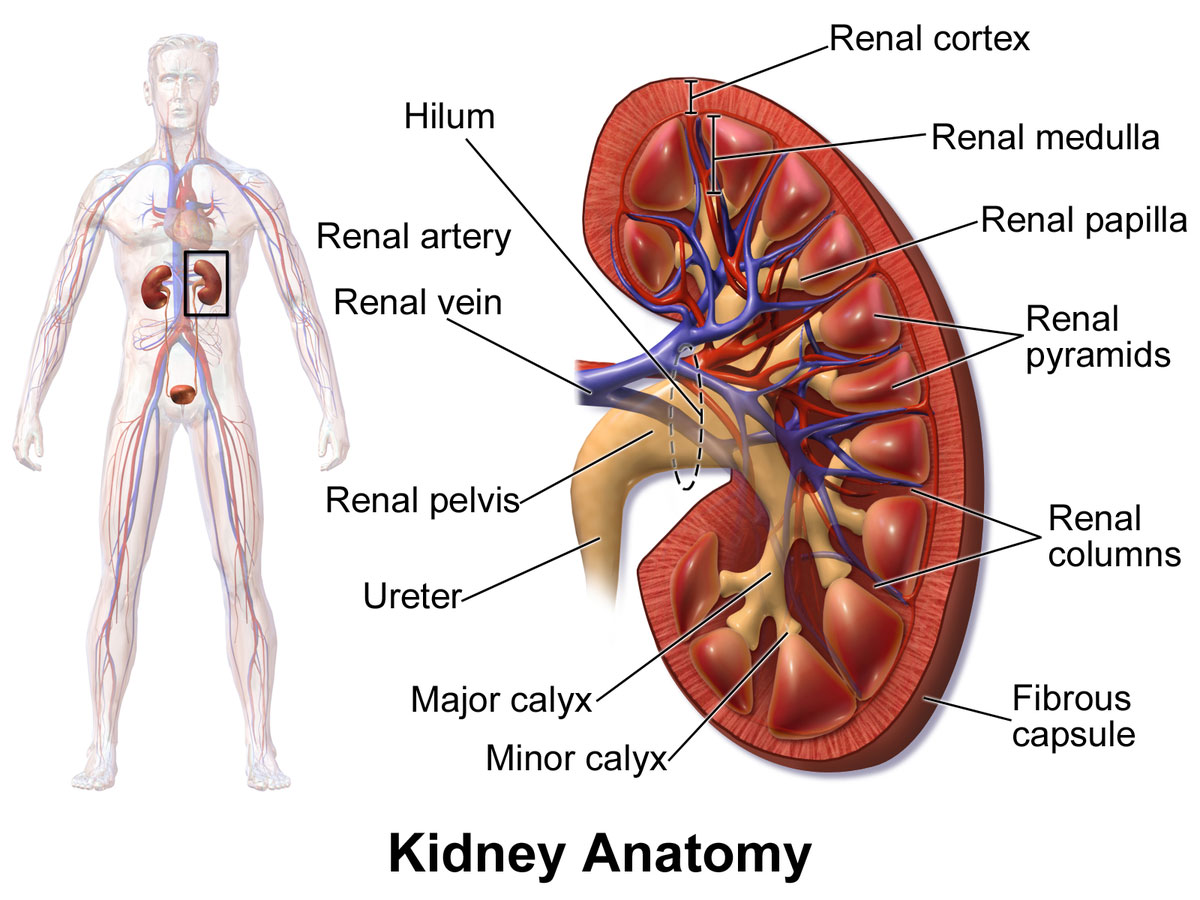calcium deficiency : Cause, treatment and prevention
calcium deficiency – Cause, treatment and prevention : Many health problems can be caused by a calcium deficiency, including tooth decay, cataracts, brain disorders, and osteoporosis. A condition in which the amount of calcium in the blood decreases is called calcium deficiency or hypocalcemia. As you read this article, you will learn the symptoms of calcium deficiency, as well as how to treat and prevent it.
What is Calcium Deficiency?
Calcium is a vital mineral for your body. Calcium helps build strong bones and teeth. Calcium is also necessary for the proper functioning of the heart and other muscles. Without enough calcium, there is a risk of osteoporosis and decreased bone density.
Those who do not get enough calcium as children may not reach their maximum height as adults.
Calcium deficiency symptoms can be mild, severe, or even life-threatening. The condition may be acute or chronic. In most cases, calcium deficiency in the body cannot be explained by diet alone.
Calcium deficiency causes:
Calcium deficiency increases with age in many people. Factors that contribute to calcium deficiency include:
Inadequate calcium intake, especially in childhood.
Medications that reduce calcium absorption;
Hypersensitivity to calcium-rich foods;
Hormonal changes, particularly in women;
Some genetic factors
1. Inadequate calcium intake
Everyone needs a sufficient amount of calcium. The calcium requirement for children and adolescents is the same for girls and boys. According to the International Health Organization, the daily calcium requirement is:
- 0 to 6 months: 200 mg;
- 7 to 12 months: 260 mg;
- 1 to 3 years: 700 mg;
- 4 to 8 years: 1000 mg;
- 9 to 18 years: 1300 mg.
Adults need calcium in the following amounts:
- Men 19 to 70 years: 1000 mg;
- Men 71 years and older: 1200 mg.
- Women 19 to 50 years: 1000 mg.
- Women 51 years and older: 1200 mg.

2. Hormonal disorders
In middle age, women should increase their calcium intake. In women who are approaching menopause, calcium intake is especially important. Menopausal women should increase their calcium intake to reduce their risk of osteoporosis and calcium deficiency. During menopause, women’s bones lose density faster because calcium levels fall.
Calcium deficiency can also result from hormonal dysfunction of the parathyroid gland. With this disease, the body does not produce enough parathyroid hormone to control calcium levels in the blood.
3. Other reasons
Malnutrition and malabsorption are also causes of calcium deficiency. Malnutrition refers to inadequate nutrition, while malabsorption refers to the body’s inability to absorb necessary vitamins and nutrients from food. Other causes include:
- Vitamin D deficiency prevents calcium from being absorbed.
- Phenytoin, phenobarbital, rifampin, corticosteroids, and calcium-reducing drugs are used.
- Inflammation of the pancreas;
- Magnesium deficiency and increase;
- Increase in blood phosphate;
- Infectious shock;
- High blood transfusion;
- Urinary tract dysfunction;
- Some chemotherapy drugs;
- Hyperparathyroidism surgery can result in the hungry bone syndrome.
- Removal of parathyroid tissue during thyroid surgery.
You will not be deficient in calcium if you do not get enough calcium each day. It is important to get the daily calcium dose you need, since the body consumes calcium quickly. Vegetarians are more likely to be deficient in calcium since they do not consume calcium-rich dairy products.
Calcium deficiency does not have visible symptoms in the short term because the body receives calcium from the bones. In the long run, calcium deficiency can have dangerous consequences.
Signs and symptoms of calcium deficiency
Because calcium is essential for many bodily functions, its deficiency results in many symptoms and can affect muscles, bones, teeth, and even mental health. This is a complete list of the symptoms of calcium deficiency.
1. Muscle dysfunction
Calcium deficiency may cause the following side effects:
muscle cramps and spasms;
leg and arm pain when walking or moving;
Itching and numbness in the hands, arms, legs, and even around the mouth.
Although you may not always have these symptoms, they usually do not go away when you exercise. The more intense the symptoms, the worse the calcium deficiency. Complications of severe deficiency include:
- Convulsions;
- Arrhythmia or irregular heartbeat;
2. Severe fatigue
Fatigue can be a symptom of calcium deficiency, which includes fatigue, bruising, and sluggishness. You may also experience insomnia as a result. Excessive fatigue caused by calcium deficiency can cause dizziness, lightheadedness, and dizziness in the brain, resulting in symptoms such as forgetfulness, lack of concentration, and dizziness.
3. Nail and skin symptoms
Among the main symptoms of long-term calcium deficiency are nail and skin disorders, including:
- skin dryness;
- Dry, broken and brittle nails;
- Hair roughness;
- A bunch of hair loss;
- Eczema is an inflammatory condition of the skin that causes dry, itchy skin.
4. Osteoporosis and decreased bone density
Bones store calcium well, but they require large amounts of calcium to remain strong. If the total amount of calcium in the body is low, the body removes some of this deficiency from the bones, making them more vulnerable.
Calcium deficiency can lead to a decrease in bone density, meaning that the bones lose minerals as a result. Osteoporosis results when bones become thinner and more vulnerable, causing pain and disrupting the body’s normal posture.
Osteoporosis and other complications of calcium deficiency take years to develop.
5. Severe PMS
PMS or severe premenstrual syndrome may occur as a result of calcium deficiency. In 2017, research found that consuming 500 mg of calcium daily for 2 months improved mood and reduced fluid accumulation.
According to a 2019 study, vitamin D and calcium deficiency during the second half of the menstrual cycle can cause premenstrual symptoms. Supplementation can prevent these symptoms.
6. Dental problems
When the body is low in calcium, it receives it from sources such as teeth. This can cause the following dental problems:
- Tooth Decay;
- Tooth fragility;
- Inflamed and painful gums;
- Weak tooth roots.
- Decreased calcium in infants can impair tooth growth.
7. Depression
Calcium deficiency may contribute to mental disorders like depression. However, more research is needed to confirm this hypothesis. A person should consult with a doctor if there is a possibility of calcium deficiency affecting depressive symptoms. If your blood calcium levels are low, your doctor may prescribe calcium supplements.
Blood calcium test
determines how much calcium is in your blood. Typically, this test measures total plasma calcium, which includes:
About 40 to 45% of calcium binds to proteins, including albumin.
Calcium in conjunction with phosphate and citrate (about 10%);
Calcium ions, also called active or free calcium (45 to 50%).
There is no need to prepare or fast for this test. A blood sample will be taken from your vein for analysis. A calcium ion test may be ordered by your doctor or a free calcium ion test may be offered. The test is much more accurate, but requires more equipment and may be more costly.
Calcium deficiency
The normal blood calcium level in adults is between 8.5 and 10.5 mg/dL. The volume of blood can vary from laboratory to laboratory. A calcium deficiency is when blood calcium levels are below 8.5 mg/dL. Calcium deficiency is severe if the blood calcium is less than 7 mg/dL.
Treatment and prevention of calcium deficiency symptoms
Adding more calcium to your diet is the fastest way to prevent calcium deficiency. Foods high in calcium include:
- Dairy products such as milk, cheese and yogurt;
- Beans;
- Figs;
- Soy milk;
- Spinach;
- Salmon fish;
- Enriched orange juice;
- Broccoli;
- Calcium fortified breakfast cereals;
- Nuts and kernels include almonds and sesame.
Consult your doctor before taking calcium supplements. Calcium overdose can increase the risk of heart disease, kidney stones, and other serious health problems. If your calcium deficiency is severe or if supplements and dietary changes do not work, your doctor may prescribe calcium injections.
Drug interaction of calcium supplementation
It is important to know about medications that interact with calcium supplements. These drugs include:
Beta-blockers such as atenolol, which may reduce calcium absorption if taken less than 2 hours after calcium supplementation.
Antacids include aluminum, which increases blood aluminum.
Cholesterol-lowering bile acids, such as cholestipol, which reduce calcium absorption and increase urinary excretion of calcium.
Estrogen drugs that can increase blood calcium.
Digocin, which has high levels of calcium in the blood, can increase the toxicity of digosin.
Diuretics that can increase or decrease blood calcium levels.
Some antibiotics, such as fluoroquinolones and tetracyclines, may be absorbed by calcium supplements.
calcium deficiency symptoms
low calcium symptoms
lack of calcium
calcium deficiency symptoms on skin
lack of calcium symptoms


